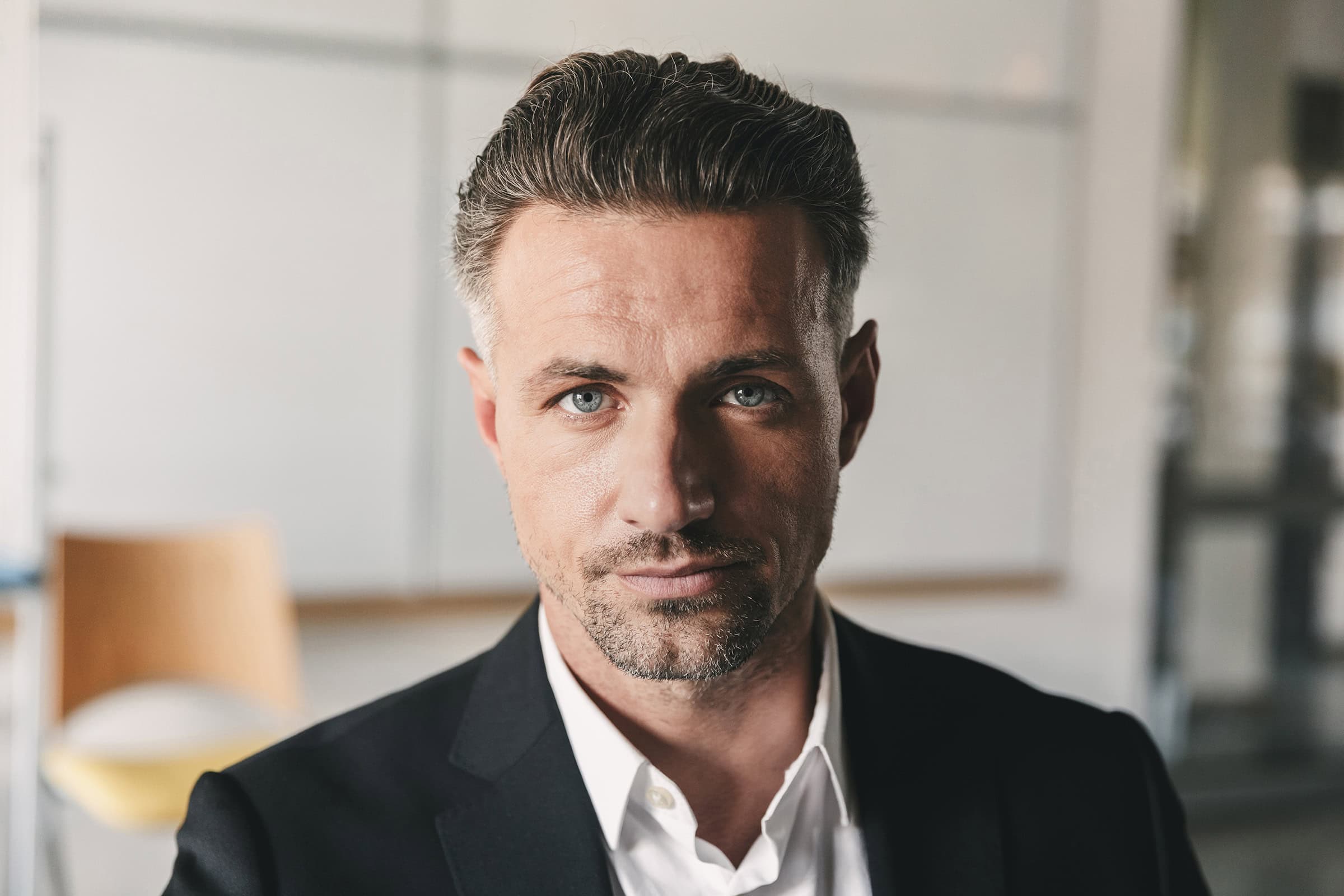
There is nothing in the world that is ours to keep — we must let go of all of it. The only thing we’ll never have to give up is God. Let’s allow the One Thing to be our security that was MEANT to be our security and see everything else as temporary.

A greater life can be ours in Christ. May we spend our days seeking Him and His forgiveness, on whatever terms He stipulates, so that when this life slips away, as it surely will, the thing that will be waiting for us is real life — life indeed.

As long as even one of your parents is alive, you can still view yourself as the “younger” generation, but when both parents are gone, the truth is unavoidable: you are “next” on the brink. For the Christian, that should be a thrilling thought!

We need to give tomorrow as much of an advantage as possible. Why would we put off doing anything today if doing it would put us ahead of schedule tomorrow? And if we can make tomorrow easier, why would we do anything to make it harder?

The past can be a valuable resource, certainly. We should be encouraged by it, and also humbled by it. Above all, we should be instructed by the past. But the past is gone. So whatever we were, what we are now matters more.

Spiritual strength requires a vivid remembrance — and that means most of us have a problem, because our “rememberers” don’t work very well. But God understands, and that’s why we have such an emphasis in the Scriptures on reminders.

Hopelessness is a problem of perspective. It comes from not seeing the larger reality that always surrounds the small set of circumstances in which we may have lost something. There is always a larger battle going on that may be won.

Learning to trust God is a process. We find ourselves having a deeper confidence in Him as we gradually take bigger — and riskier — steps. The more steps we take, the more we can see, looking back, that He has never led us astray.

If we humbly respond to God in the obedience of faith, we can rest assured that the answer to our prayers will never be anything less than good. And very often, the answer will go beyond the good to the better . . . and even to the best.

Much of Jesus’ praying was alone. Yes, public prayer is permitted, and we have plenty of examples of Christians praying together in Acts. But let us not fail to heed Jesus’ emphasis on private prayer. That is where our greatest growth comes from.






















